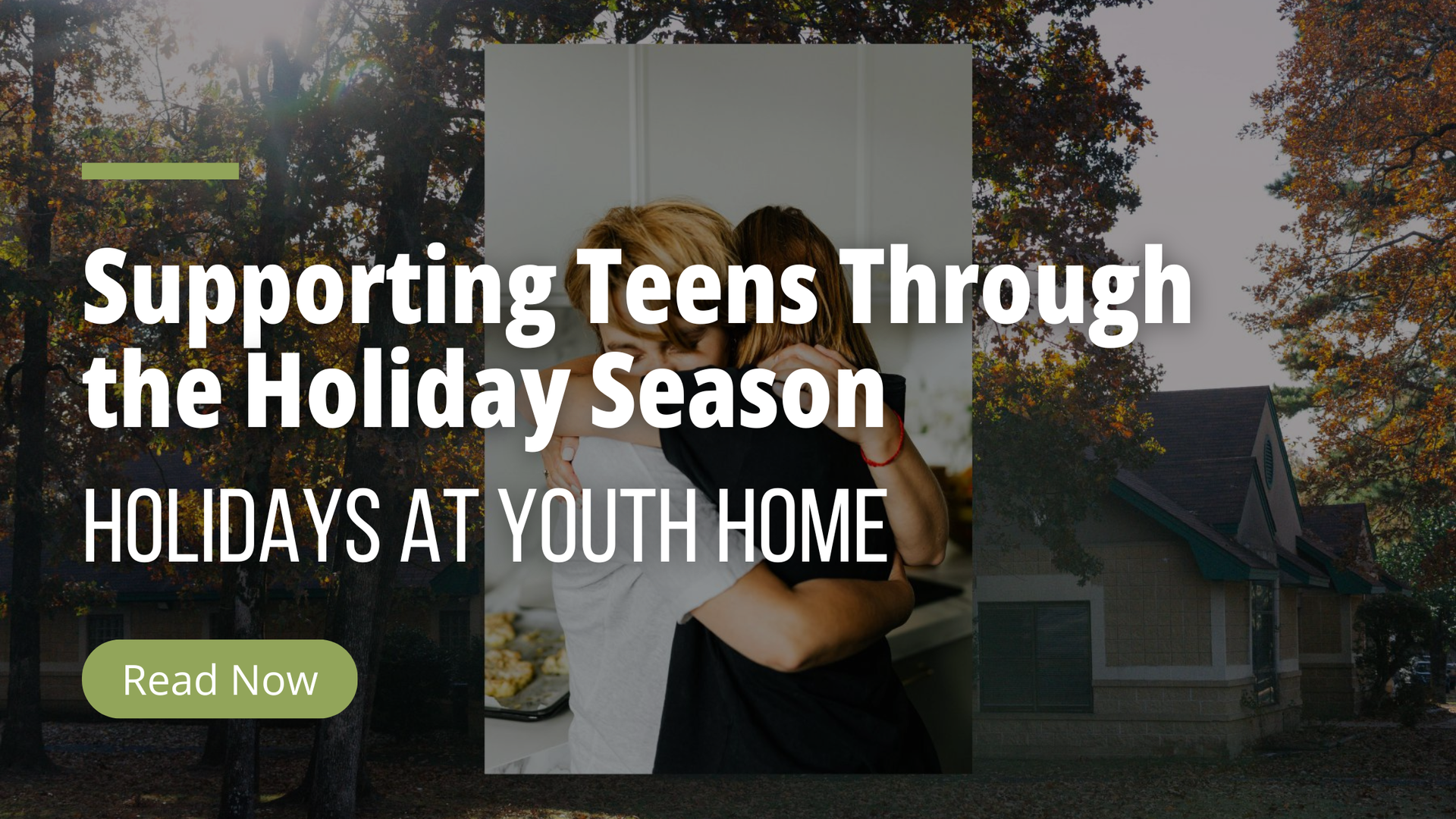"We've tried everything. Nothing has worked."
Our program isn't a fit for everyone, but we guarantee that we won't keep your child any longer than necessary if it's not for your family. That said, many families report feeling like their lives have been changed forever because of the care received by our treatment team.
"I won't have access to my child."
Family involvement is a key element to our treatment program. We'll support your ongoing involvement through travel assistance, access to your child via phone by request, teletherapy, and passes for home visits when clinically appropriate.
"It won't be worth the cost."
We accept TRICARE® Insurance and provide travel assistance to out of state families, so that the cost of care is minimal for you. We provide unparalleled value to every client, even if they discharge early. If you're hoping for a higher quality of life for your child or to save your family, we would love to help you try.
"They'll fall behind in school."
Our supportive, on campus educational program was designed specifically to solve this problem. To give each child the best chance of success, we also need to help them thrive in a high school setting. That's what the Siebert School program is for.
"Something bad could happen."
As a Trauma Informed agency, safety is our utmost priority. We don't tolerate harassment or violence of any kind with the objective of protecting staff and clients to provide a safe place to work and heal. That said, any incidents will be reported to you with haste.
"We've tried other programs. They didn't help."
Our program is genuinely unlike any other program in the United States. We treat each child with respect, provide access to decompression zones, ongoing professional support for debriefing stress, and evidence based therapies. On our 52 acre, beautiful campus, we provide award winning recreational therapy, an on campus educational program, and individualized care to give your child the best chance of success.
"I'm scared about what will happen when they come home."
We don't say Changing Lives • Saving Families for nothing. This is more normal than you know, and possible to overcome. We work with you before, during, and after treatment to help give you the best chance of success after discharging. Our objective isn't changed behavior in our care, it's creating a positive, lifelong change for your family.
Get to Know youth home!
Our mission is to equip and empower youth, adults, and families to become healthier and contributing members of the community by providing compassionate psychiatric and behavioral health care.



